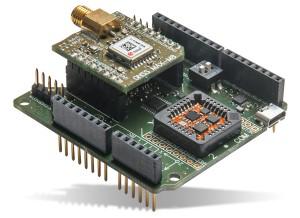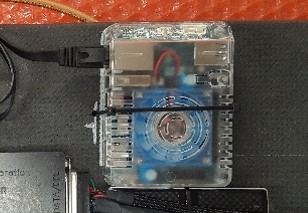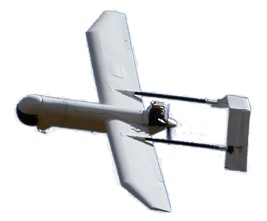Innovation
TEAS was created for organizations like the Air Force Research Laboratory (AFRL) that create software utilized in systems requiring a high level of cyber security assurance. TEAS is a collection of Autonomy Test, Evaluation, Verification, & Validation (ATEV&V) approaches and modules that addresses the critical need for safe and secure autonomous systems. These techniques and corresponding modules enable users of autonomous systems to improve the design and architecture of autonomy software as well as to efficiently update existing software to be safer and more secure. Unlike current Air Force and industry ATEV&V processes, the TEAS project utilizes formal methods to mathematically prove the system will operate only as intended. The TEAS approach based on formal methods is a clear differentiator not only for defense applications, but also for commercial software. This new approach is a potentially disruptive technology with huge growth potential across numerous verticals and around the globe.
Objective
TEAS had two focus areas. The first was to demonstrate the formal ATEV&V approaches developed by Galois with the AFRL Unmanned Systems Autonomy Services (UxAS) architecture. This focus area consisted of three major tasks: UxAS Architecture Assessment, UxAS Code Assessment, and UxAS Formal Verification and Validation Preparation. The second focus area was to develop a Vision-based Navigation System (VNS) in UxAS creating a GPS Denied Navigation Testbed. For this focus area, Wright State University (WSU) developed the UxAS GPS Denied Navigation Testbed, Ohio University (OU) worked on putting their VNS into a UxAS module, and the Air Force Institute of Technology (AFIT) worked on potential Human-Machine Interfaces (HMI) for the AFRL Vigilant Spirit Control Station (VSCS) to aid an operator controlling an unmanned aircraft system (UAS) in a GPS denied environment.
Commercial Goal
Shortly after TEAS began, the GPS Denied Navigation Testbed team participated in the OFRN I-Corps program to investigate potential commercialization opportunities. The result was 40 unique interviews across large and small businesses as well as Government agencies covering UAS applications such as precision agriculture, delivery service, and bridge & power line inspections. Also, based on the TEAS related federal awards, there is a significant DoD interest in the ATEV&V capabilities. Following the TEAS award, Galois opened a Dayton office and continued to expand their Dayton-based staff throughout the project. Eventually Galois spun-off the Dayton-based Tangram Flex focusing on commercial ATEV&V applications. By the end of the TEAS project Galois/Tangram Flex had hired 23 full-time employees at the Dayton office. Additionally, WSU hired two full-time employees directly funded by AFRL projects. Between Galois and WSU, $19M of government awards were received based on our initial TEAS efforts. At the time of this report, Galois and WSU were waiting on word of an additional $7.5M in federal awards.
OFRN created the environment where the TEAS team could initiate their collaborative efforts to enhance our AFRL research. Our TEAS flight test data collections and demonstrations were superseded by other AFRL test requirements, but we hope to continue this research on future tests.




